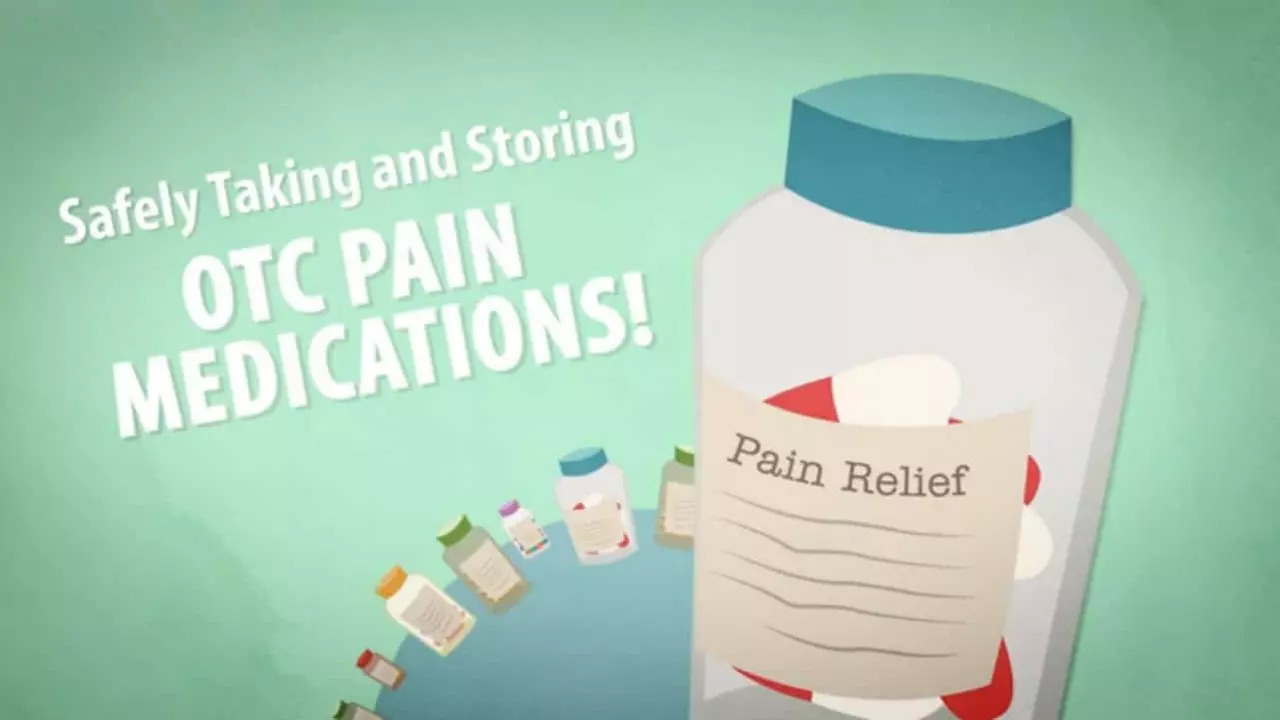Proper Disposal of Medications: Simple Steps to Keep You Safe
Got pills you don’t need anymore? Tossing them in the trash or flushing them down the toilet isn’t a good idea. It can poison wildlife, pollute water, and even end up in someone’s hands by accident. Below are quick, no‑fuss ways to get rid of meds safely without harming anyone.
Why Proper Disposal Matters
When medicines enter the environment they don’t just disappear. Antibiotics can create resistant bacteria in rivers, and hormones from birth‑control pills affect fish reproduction. On the other side, leftover pills left at home become a temptation for kids, pets, or anyone looking for a quick high. Proper disposal cuts those risks down to almost zero.
Easy Ways to Dispose of Meds Safely
Take‑back programs: Many pharmacies and community centers run free drop boxes where you can hand over unwanted drugs. Just look for a “medication take‑back” sign or ask the pharmacist.
Mail‑back kits: Some online stores include prepaid envelopes for sending pills back to a safe disposal facility. It’s as easy as sealing the bag and dropping it in the mailbox.
At‑home trash method (if no program is nearby): Mix the pills with an unappealing substance like coffee grounds, cat litter, or dirt. Put the mixture in a sealed bag or container before throwing it in the regular trash. This makes the meds unreadable and less likely to be misused.
Avoid flushing: Except for a few specific drugs listed by the FDA, never flush medicines down the toilet. Even tiny amounts can travel through wastewater treatment plants and end up in lakes.
If you’re unsure which method fits your situation, start with a quick Google search of “medication take‑back near me” or call your local pharmacy. Most will tell you their schedule for collection days.
Remember to remove any personal info from prescription labels before disposing of the packaging. Shred the paper or scratch out details so nobody can link the meds back to you.
Finally, keep a small notebook of what you’ve thrown away and when. It helps you stay organized and makes it easier to see if you’re hoarding more medicine than needed.
Doing the right thing with old drugs doesn’t take much time, but the impact on your family, community, and planet is huge. Follow these tips and feel good knowing you’ve done your part.

How to Safely Store and Dispose of Linagliptin
In my latest post, I've discussed vital information on how to properly store and dispose of Linagliptin, a diabetes medication. I've highlighted the need to store it at room temperature, away from light, moisture, and heat, and out of reach of children. I've also emphasized the importance of not flushing the drug down the toilet or pouring it into a drain unless instructed. Instead, it's advisable to use a medicine take-back program for safe disposal. Remember, proper handling of medication is crucial for both your safety and the environment's protection.
read more